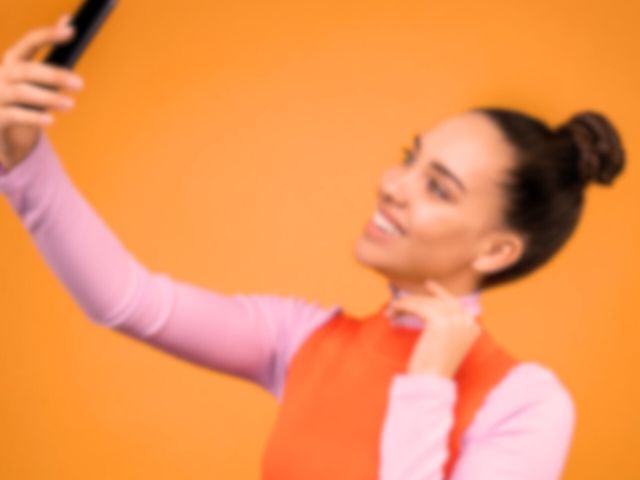The Rise and Impact of Selfie Culture: A Reflection on Modern Society
A ‘selfie’ (noun, informal) is a photograph that one has taken of oneself, typically taken with a smartphone and uploaded to a social media website, or just dumped in the camera roll.
Introduction
In recent years, a new phenomenon has emerged that has reshaped the way we present ourselves to the world: the selfie culture. The term “selfie” refers to a self-portrait photograph taken by an individual, typically using a smartphone or a digital camera. From teenagers to celebrities, and even world leaders, it seems like everyone is captivated by this trend. In this article, we will explore the rise and impact of selfie culture, examining its influence on self-expression, social media, and the broader implications for our society.
Self-Expression and Identity
Selfies have become a powerful tool for self-expression. In an increasingly connected world, individuals seek unique ways to express their personality and showcase their identity. Selfies provide a means to control how we present ourselves to others, allowing us to curate our image and craft our desired narrative. Through filters, angles, and carefully chosen backgrounds, we can shape our self-image to match our desired aesthetic or convey a particular message.
However, this pursuit of self-expression can also have negative consequences. With the pressure to conform to societal beauty standards, some individuals may feel compelled to alter their appearance through excessive editing or filters. This can lead to a distorted sense of self and contribute to the rise of body image issues and low self-esteem among vulnerable individuals.
Social Media and Validation
Selfies and social media go hand in hand. Platforms like Instagram, Facebook, and Snapchat have provided a global stage for individuals to share their self-portraits with friends, followers, and even strangers. The instant gratification of receiving likes, comments, and shares fuels a sense of validation and boosts self-esteem for many users.
The desire for validation through selfies can create a cycle of constant posting and seeking approval. It can lead to a preoccupation with external validation rather than focusing on personal growth and genuine connections. Additionally, the pressure to maintain a consistent and glamorous image can create anxiety and a fear of missing out (FOMO), as individuals strive to keep up with the seemingly perfect lives depicted on social media.
Impact on Mental Health
While selfies may seem harmless at first glance, studies have shown a correlation between selfie culture and negative mental health outcomes. The constant exposure to carefully curated images can foster feelings of inadequacy and contribute to symptoms of anxiety, depression, and body dysmorphia.
Moreover, the compulsive need to capture every moment can hinder one’s ability to fully experience and appreciate the present. Constantly focusing on snapping the perfect selfie can detach individuals from genuine connections and hinder authentic experiences.
Societal Implications
Selfie culture has far-reaching implications for society as a whole. It has altered our understanding of privacy, blurring the line between public and private spaces. The obsession with documenting every aspect of our lives can lead to the erosion of personal boundaries and the loss of intimate moments shared solely between individuals.
Additionally, selfie culture has transformed the concept of fame and celebrity. Anyone with a smartphone and an internet connection can become an overnight sensation. This democratization of fame has both positive and negative aspects. While it allows for greater representation and diverse narratives, it also perpetuates a culture of instant gratification and superficiality, where fame is measured in likes and followers rather than talent or accomplishment.
Conclusion
Selfie culture has undeniably become an integral part of our modern society. It offers a means of self-expression, validation, and connection, but it also carries potential risks and consequences. As individuals, we must strive for a healthy balance between self-presentation and self-acceptance, using selfies as a tool for self-expression rather than an avenue for validation.
Moreover, it is essential to foster a culture that values authenticity and genuine connections over superficial measures of success. One question we must frequently ask ourselves is, ‘How much is too much?’ By encouraging open conversations about the impact of selfie culture on mental health and promoting self-esteem based on intrinsic qualities rather than external validation, we can navigate this phenomenon in a more positive and mindful way.
Ultimately, selfie culture is a reflection of our evolving society. By understanding its influence, we can shape its impact and ensure that the selfie remains a tool for self-expression rather than a catalyst for negative self-perception.
https://www.newyorker.com/culture/culture-desk/the-truth-about-selfie-culture


